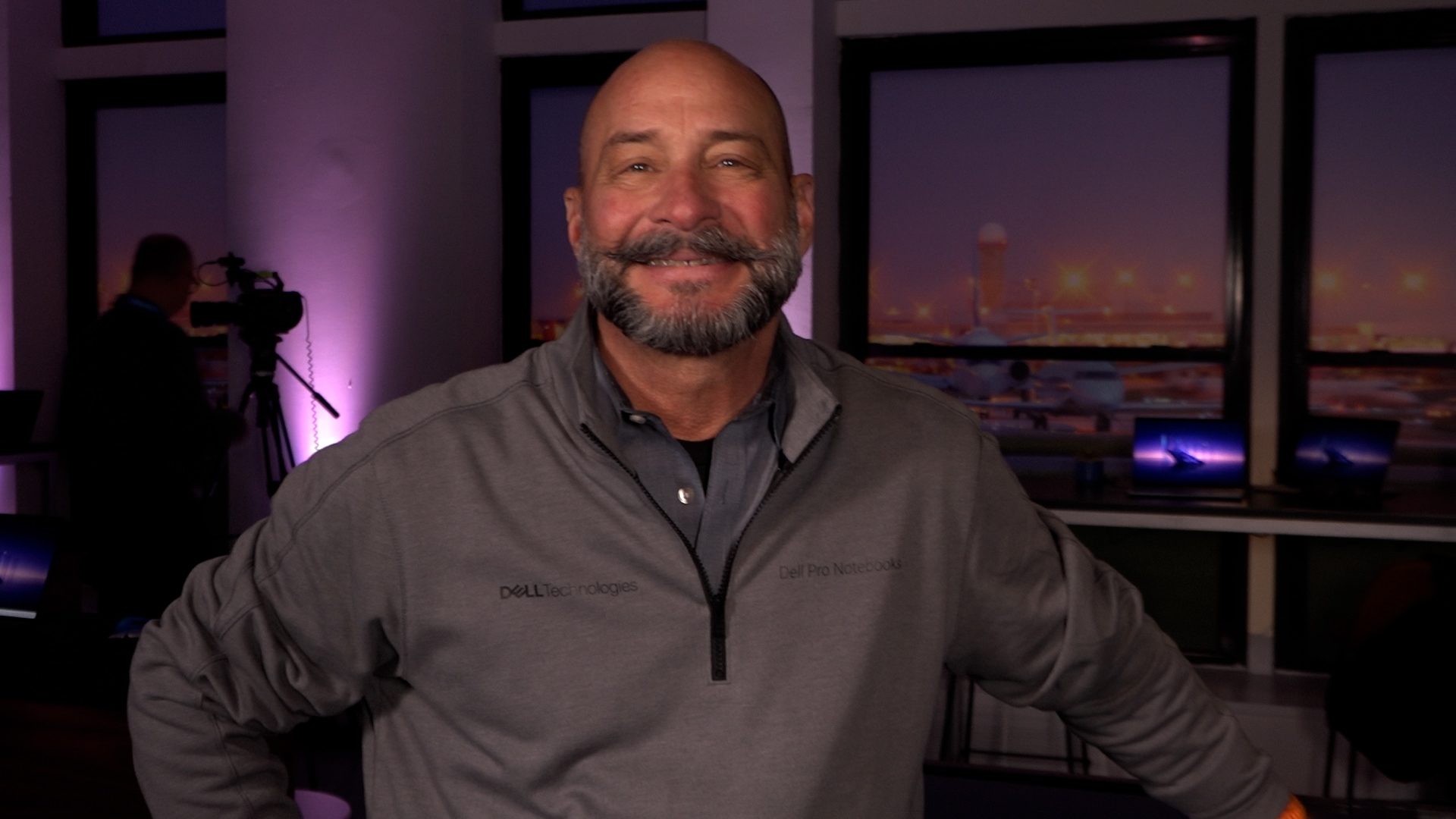In a bid to enhance rural economic growth and reduce poverty, the Federal Government of Nigeria and the World Bank have announced a $600 million upgrade to the Rural Access and Agricultural Marketing Project (RAAMP).
Nigeria has about 200,000 kilometres of rural roads. However, only 40,000 kilometres of these roads are usable, which means that 87 percent of Nigeria’s rural roads are in poor condition.
Aliyu Sabi Abdullahi, minister of state for agriculture and food security, while briefing the media in Abuja on Friday, said the scale-up will include a $500 million funding from the World Bank and a counterpart fund of $100 million from both the states and the federal government.
Recall the World Bank, in the previous RAAMP, had a funding commitment of $280million out of a $575 million total project cost. The fresh funding seeks to escalate the impact of the project from 19 to all 36 states of Nigeria, heralding a new era of rural development and agricultural efficiency.
The minister noted that the RAAMP initiative aims to improve rural access to markets, enhance agricultural productivity, and promote economic opportunities for rural communities.
He said the $600 million investment will support the construction and rehabilitation of rural roads, markets, and other critical infrastructure, ultimately benefiting millions of rural Nigerians.
“This collaborative effort between the World Bank and the Federal Government is expected to have a significant impact on Nigeria’s rural development, promoting economic growth, and reducing poverty,” he said.
“This scale-up is intended to institutionalize the idea of developing rural roots in Nigeria and we believe if this is done, it will create new development domains and establish new corridors while also developing agricultural clusters that will support our economic diversification drive and provide a new group path through which raw materials and food for consumption and raw material for agro-industries will be promoted.
“All of this aligns with the Renewed Hope agenda of President Bola Tinubu, wherein we have food security, economic growth and job creation, poverty eradication, and inclusivity among the most pressing areas where this project has the capacity to impact.
“Underscoring the importance of rural access and agricultural marketing project he said lack of rural access and mobility is what has forced youth migration, and created high unemployment challenges in the urban centre.
“We have a very increased level of rural or bad migration. If you leave the rural areas without economic activities, the youth, the energy in them, will not be allowed to remain in those villages. You have to look for what is equal.”
He noted that the project is already ongoing and implemented in the United States in collaboration with the World Bank.
“Based on what the project has achieved thus far, almost all the states of the federation are asking for onboarding so that they can also benefit from the massive success this project is delivering. But as part of the review, all parties agree that we must include sustainability elements going forward.”








Leave a Comment